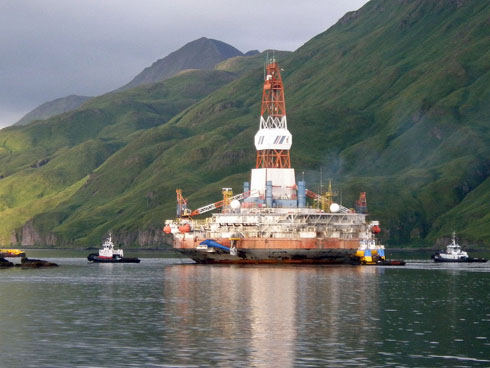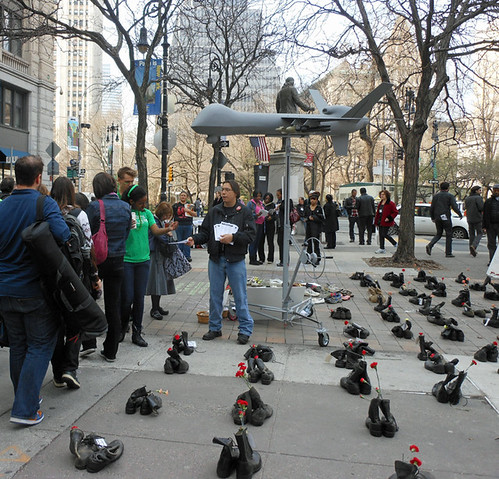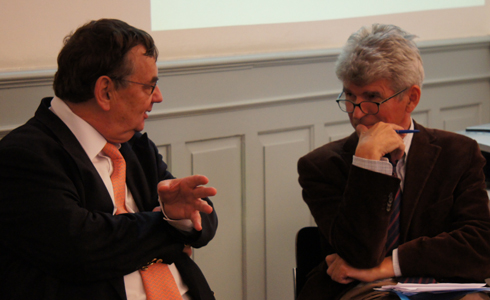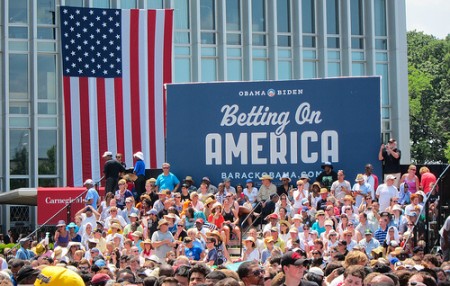
Last month, for the first time since the International Criminal Court (ICC) was established, the United Nations Security Council debated its relationship with the Court. After two Security Council referrals (Darfur 2005 and Libya 2011), it was high time that the relationship was critically analyzed. Unfortunately, key issues which have undermined the independence and legitimacy of the ICC were left largely unaddressed.
There are many problematic issues with regards to the relationship between the ICC and the UN Security Council. Broadly, most fall under three categories: the potential tensions and dilemmas between peace-making/conflict resolution and international criminal justice; the inevitable selectivity that only some situations of mass atrocity will be referred by the Council to the ICC while other cases, which are just as deserving, will not; and the political constraints imposed by the Security Council on the ICC when it decides to refer a case to the Court.

